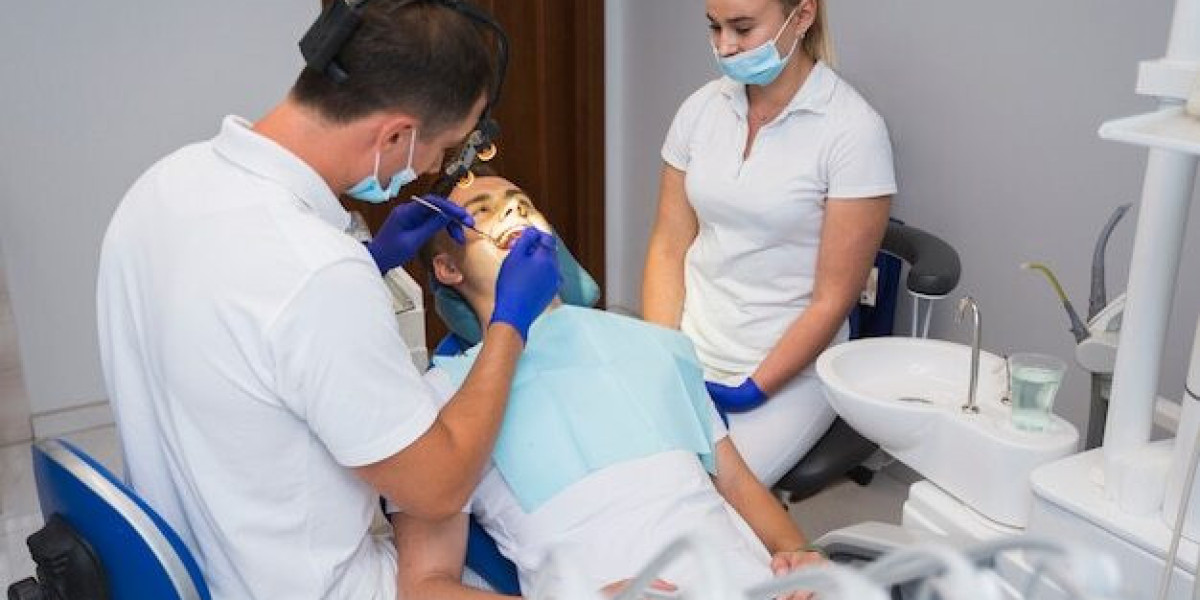Many people believe that brushing with more force will make their teeth cleaner. In reality, Dental Hygienist Dubaioften explain that brushing too hard can do more harm than good. The bristles of a toothbrush are designed to remove plaque and food particles effectively with gentle pressure. Excessive force can wear down the enamel, irritate the gums, and lead to long-term oral issues. A gentle yet thorough technique is far more beneficial than aggressive scrubbing.
How Brushing Too Hard Affects Oral Health
Brushing too vigorously can gradually damage both teeth and gums. Over time, this habit can cause gum recession, making teeth appear longer and increasing sensitivity. Enamel erosion is another concern, as it leaves teeth more vulnerable to cavities. The goal of brushing is to clean the surface without causing harm, and a light touch achieves this better than heavy-handed motions.
Signs That Brushing Pressure May Be Too Strong
Recognizing the signs of brushing too hard can help prevent further damage. Dental hygienists often notice symptoms such as:
Fraying bristles on the toothbrush much sooner than expected
Gums that appear red, swollen, or bleed after brushing
Increasing sensitivity to hot or cold foods and drinks
Teeth that look longer due to gum recession
When these signs are present, it’s worth reviewing brushing habits and technique.
Correct Brushing Technique for Healthier Teeth and Gums
The best brushing technique focuses on gentle, circular motions rather than back-and-forth scrubbing. The toothbrush should be held at a slight angle toward the gumline, allowing the bristles to clean both the teeth and the space where gums meet enamel. Each section of the mouth should be brushed for an equal amount of time, ensuring no area is neglected.
The Role of Bristle Type in Gentle Cleaning
Choosing the right toothbrush bristle type can make a significant difference in oral health. Soft bristles are generally recommended because they effectively remove plaque without harming the gums or enamel. Hard bristles, combined with excessive force, can quickly lead to enamel wear and gum irritation. Dental hygienists emphasize that brushing gently with soft bristles provides the best balance between cleanliness and protection.
Why More Pressure Does Not Mean Cleaner Teeth
It’s a common misconception that applying more pressure leads to cleaner teeth. In reality, plaque is soft and can be removed easily with light pressure. Excess force not only fails to improve cleanliness but also increases the risk of damaging the oral tissues. Effective brushing comes from consistency, proper technique, and the right amount of time, not from scrubbing harder.
Common Myths About Brushing Pressure
There are a few myths that can lead to overbrushing. One is the belief that teeth should feel squeaky clean after brushing, which can encourage people to press harder. Another is the assumption that removing surface stains requires aggressive scrubbing. In truth, these habits can be harmful, and a gentle approach is more effective for maintaining long-term dental health.
How Dental Hygienists Assess Brushing Habits
During a routine cleaning, a dental hygienist can quickly tell if someone is brushing too hard. Gum recession, uneven enamel wear, and frayed toothbrush bristles are clear indicators. Hygienists often offer guidance on adjusting pressure, holding the toothbrush differently, or using specific motions to protect teeth and gums while still keeping them clean.
Maintaining a Healthy Brushing Routine
Establishing a healthy brushing routine is key to preventing overbrushing. This means brushing twice a day with gentle pressure, using soft bristles, and being mindful of technique. Flossing once a day complements brushing by cleaning areas the toothbrush can’t reach. With consistent care, teeth and gums stay healthier without unnecessary wear.
FAQs
How can someone tell if they are brushing too hard?
The easiest way to tell is by checking the toothbrush bristles. If they are frayed or bent within a short time of use, it’s a sign of excessive pressure. Additionally, gums that bleed or teeth that feel sensitive may also indicate overbrushing.
Should brushing feel forceful to be effective?
No, brushing should not feel forceful. Gentle pressure combined with correct technique is enough to remove plaque and keep teeth clean. The aim is to massage the gums and clean the tooth surfaces without causing damage.
Can using a different grip reduce brushing pressure?
Yes, changing the way the toothbrush is held can help. Holding it with just the fingertips rather than the full hand can naturally reduce the amount of force applied. This simple change can protect teeth and gums from unnecessary wear.
How often should brushing habits be checked?
It’s a good idea to reassess brushing technique regularly, especially if sensitivity or gum changes are noticed. Dental hygienists can also provide feedback during routine visits to ensure the technique remains gentle yet effective.
Is gum recession always caused by brushing too hard?
Not always, but it is one of the most common causes. Gum recession can also result from factors such as gum disease or teeth grinding. However, reducing brushing pressure can help prevent further gum loss when overbrushing is a factor.
Final Thoughts
Brushing too hard is a habit that many people don’t realize they have until signs of damage appear. Dental Hygienist in Dubaistress the importance of gentle, consistent care to maintain healthy teeth and gums for life. By using soft bristles, holding the brush lightly, and focusing on technique over pressure, anyone can protect their smile while keeping it fresh and clean.













